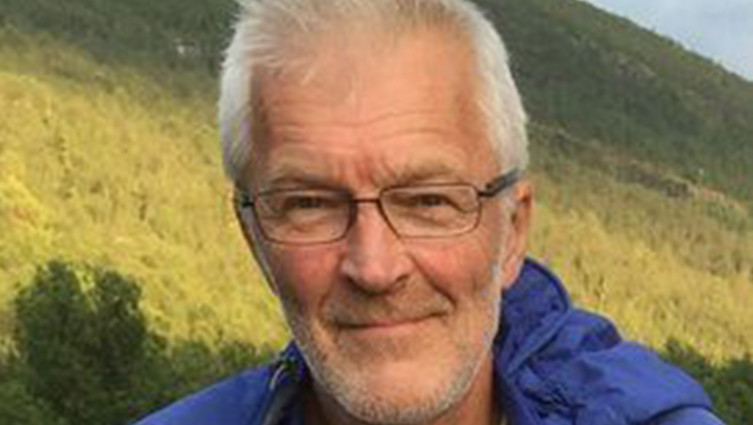Seminário: Development of the Atlantic salmon farming – entrepreneurship and research
My research interest is related to the fascinating adaptations that have been developed in fish living in a harsh and changing environment at high latitudes. The anadromous (sea-migrating) life strategy of char (Salvelinus alpinus) is a dominant and highly
valued research model. This model is used to obtain knowledge about how the brain regulates appetite and energy balance in a species that alternates between long-term absence of appetite (anorexia) throughout the winter in fresh water and intense eating activity through the short seawater stay in the summer. Furthermore, there is a focus on how hormonal axes that regulate smoltification (preparation for stays in the sea) and stress integrate with the mechanisms that regulate appetite, as these mechanisms coincide in time. Last but not least, it is important to provide knowledge about how seasonal processes such as smoltification "times" to the right time of year. Studies are carried out both in fields and under controlled conditions in the lab. In this seminar, we’ll be talking about the past and future of salmon aquaculture, the biggest aquaculture industry in the world.
When?
Thursday I February 14 I 12:00
Where?
Room 2.31 I Building 7 I Gambelas Campus
About our speaker:
Even Jorgensen is professor in department of Arctic and Marine Biology.
This seminar was kindly sponsored by:



